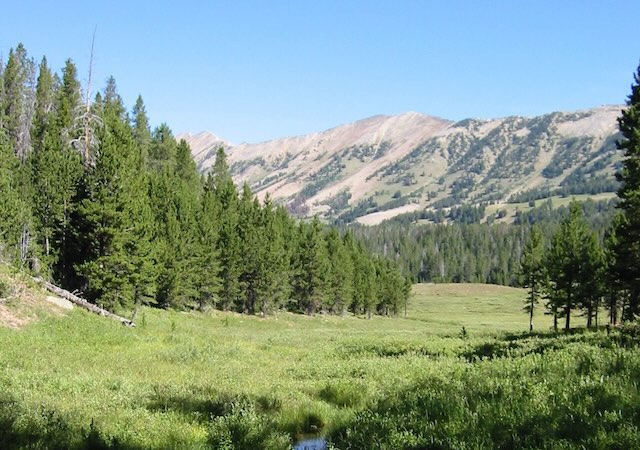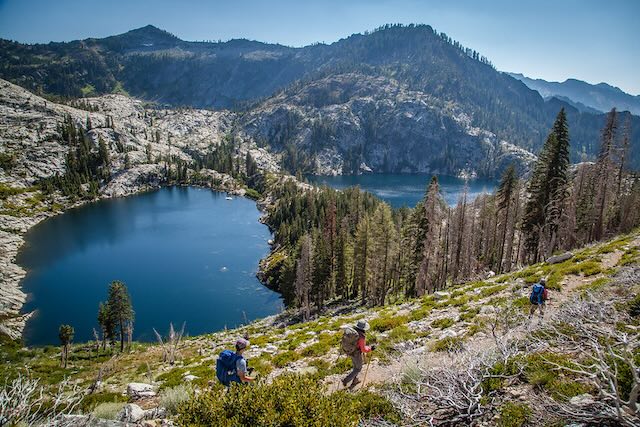This Fourth of July is a four-day weekend for many and a record 50 million Americans are expected to travel to celebrate, including more than 43 million by auto. Please keep in mind the latest highway accident data and drive carefully to wherever you are going.
Once you arrive, remember: only you can prevent forest fires, which means avoiding fireworks in dry areas. Fireworks start over 19,000 fires a year including a 47,000-acre fire in Oregon’s Columbia River Gorge in 2017. The Forest Service urges people to use red, white, and blue silly string instead of fireworks, though even that is controversial.
With these cautions in mind, I hope you have a great holiday.











